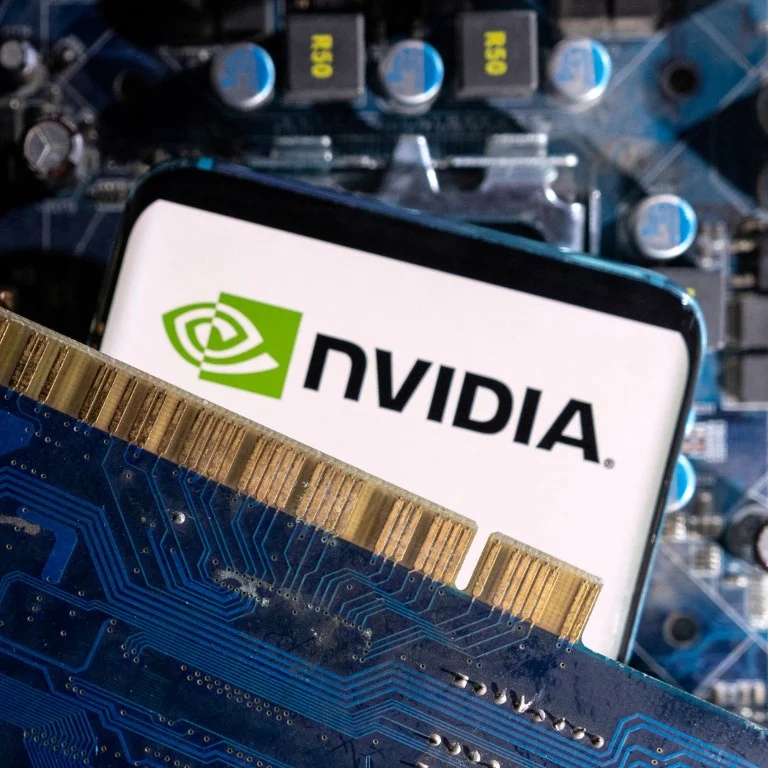Nvidia reported in a regulatory filing that the United States has broadened its ban on the export of powerful artificial intelligence (AI) chips to include several Middle Eastern nations.

This week, Nvidia (NVDA.O) reported in a regulatory filing that the United States has broadened its ban on the export of powerful artificial intelligence (AI) chips to include several Middle Eastern nations.
In the sake of national security, U.S. authorities often impose export restrictions. It was unclear at first what dangers were presented by shipments to the Middle East, but a similar step announced last year suggested an intensification of the U.S. assault on China’s technical might.
The business said that the restrictions, which are applicable to its A100 and H100 chips intended to accelerate machine-learning activities, will not have a “immediate material impact” on their outcomes.
The new license requirement “doesn’t affect a meaningful portion of our revenue,” according to a separate statement from Nvidia. We are collaborating with the American government to resolve this issue.
An instant response to a request for comment from the U.S. Commerce Department, which typically oversees new licensing requirements on exports, was not received.
Advanced Micro Devices (AMD.O), a competitor of Nvidia, also said in September that it had acquired additional licensing restrictions that would prevent the shipment of its MI250 artificial intelligence processors to China.
Since then, plans have been made public by Nvidia, AMD, and Intel (INTC.O) to develop less potent AI CPUs for the Chinese market.
Nvidia claimed in a submission from last year, dated August 28, that U.S. officials told them the rule “will address the risk that products may be used in, or diverted to, a’military end use’ or’military end user’ in China.” Nvidia provided no explanation for the new limits.
This week, Nvidia did not disclose which Middle Eastern nations were impacted. The majority of the company’s $13.5 billion in revenue for its fiscal quarter that concluded on July 30 came from the US, China, and Taiwan. All other nations combined accounted for about 13.9% of sales, and Nvidia does not break out sales by region for the Middle East.
The US government requested extra license for some A100 and H100 devices for some clients and areas, including the Middle East, Nvidia revealed in August 2024. The disclosures were made as tensions arose over Taiwan, where Nvidia and other significant semiconductor companies produce their products.
To halt Beijing’s scientific and military advancements, the Biden administration released export limits in October 2022. One of these measures excluded China from receiving specific semiconductor chips produced using American machinery.
Similar laws were later adopted by the Netherlands, Japan, and other countries this year.
Chinese enterprises won’t be able to affordably do the type of advanced computation necessary for image and speech recognition, among many other jobs, without American AI chips from firms like Nvidia and AMD.
In consumer applications like smartphones that can respond to inquiries and tag photographs, image recognition and natural language processing are prevalent. Additionally, they are employed by the military for tasks like searching satellite pictures for bases or weapons, as well as screening digital communications for intelligence collection.